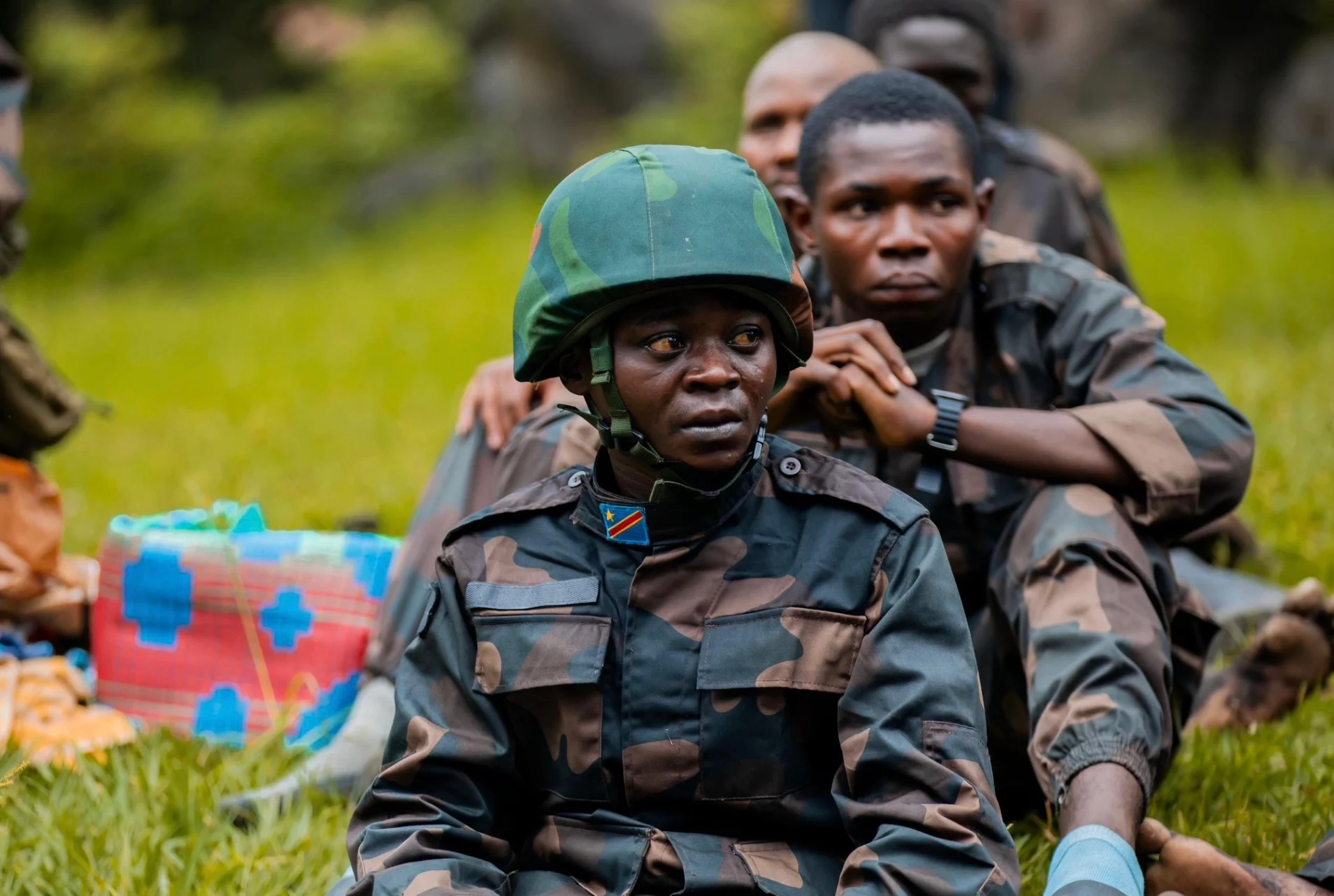Monusco and Rwanda Welcome DRC-M23 Doha Peace Declaration

The latest push for peace in the Democratic Republic of Congo (DRC) has received a boost with endorsements from the United Nations peacekeeping mission MONUSCO and the Government of Rwanda, following the July 19 signing of a Declaration of Principles in Doha between Kinshasa and the M23-led Congo River Alliance.
Signed under Qatari mediation with support from the United States and African Union, the declaration commits both sides to a permanent ceasefire, the restoration of state authority, and the safe return of displaced civilians.
“This important declaration marks a shift toward easing tensions and protecting civilians gravely affected by the conflict,” said Bruno Lemarquis, Deputy Special Representative of the UN Secretary-General and Acting MONUSCO chief.
The mission pledged continued support to help implement the ceasefire and verification mechanisms.
Rwanda’s Foreign Ministry called the signing “a significant step forward” toward regional security and praised Qatar’s mediation and U.S. involvement in building on the June 27 peace agreement between Rwanda and DR Congo.
However, barely hours after the ceremony in Doha, cracks emerged.
The M23 rejected assertions by Congolese government officials that the deal compels them to withdraw from erritories they currently control.
“Nowhere was it requested that the AFC/M23 withdraw from the liberated zones,” said M23 spokesperson Lawrence Kanyuka.
He accused Kinshasa of “deliberate misrepresentation” and stressed that the agreement’s reference to restoring state authority implied future negotiations, not immediate rebel withdrawal.
The Kinshasa government, however, maintains that the declaration upholds their longstanding “red lines,” including unconditional withdrawal.
Government spokesperson Patrick Muyaya claimed it affirmed “the non-negotiable departure of AFC/M23 from occupied areas.”
The contradictory interpretations are centred on a key clause in the declaration that states: “The Parties recognize that the complete restoration of state authority on all national territories constitutes a key component for the peace agreement, which will include the modalities and process of such restoration.”
While Kinshasa reads this as an ultimatum to M23, the rebels see it as room for political dialogue on future integration.
This ambiguity raises fears that the declaration, like several failed past peace efforts, could stall in implementation.
M23 currently controls wide areas of North Kivu, including the regional capital Goma.
The group has established its own parallel government, levies taxes, and reportedly generates over $1 million monthly from illegal mineral trade.
They argue their administration brings order where state authority had long collapsed.
The Doha document envisions comprehensive peace talks within 10 days, with the goal of concluding a binding agreement one week after.
But with the two sides miles apart on what they’ve already signed, analysts warn the window for a breakthrough is rapidly closing.
MONUSCO has vowed to assist in verifying ceasefire violations, but its shrinking footprint in eastern Congo and the lack of consensus between parties may limit its effectiveness.
As of now, M23 remains entrenched, Kinshasa is firm on its demands, and regional actors are urging restraint.
Whether the Doha Declaration leads to genuine peace or becomes another shelved accord will depend on whether both parties can bridge the growing gap between battlefield realities and diplomatic commitments.



0 Comments